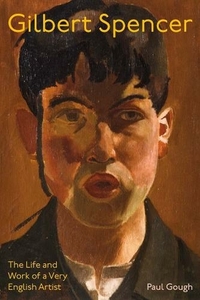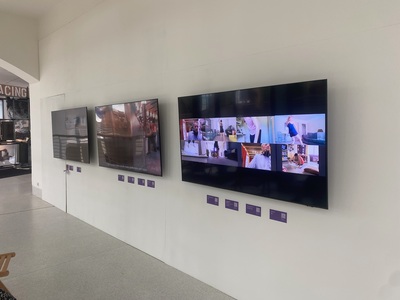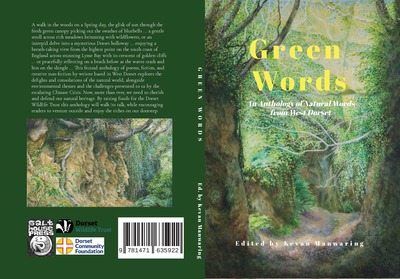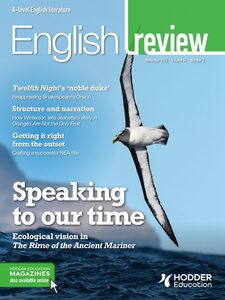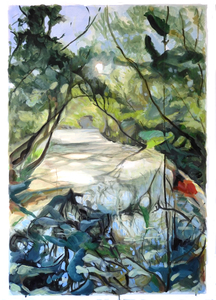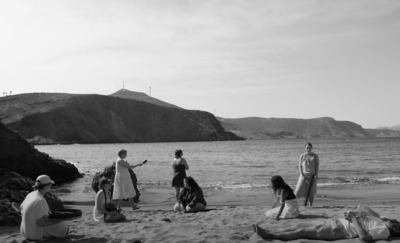As UK universities undergo unprecedented internationalisation, they struggle to shape a plethora of cultural and social capitals into an educational environment that is fair and equitable for all. ‘While academia has opened its doors, it has been unwilling or unable to dismantle the norms, networks, and practices that reproduce white, rich male privilege’ states Shilliam (Shilliam, 2014, p.15). With existing concepts of social justice proving adequate, lecturers seek new interpretative models of inclusivity.
In teaching MA Fine Art, Illustration and Drawing, communities of practice are facilitated through discussion, collaboration and engagement between students of differing backgrounds, nationalities, life experiences and neurodiversity. Critical reflection and experiential learning are deeply embedded in these courses and their assessment. The documents that result, support and narrate an individual’s developmental journey, whilst contextualising the self within wider discourses and debates. Reviewing these textual and visual outputs in the context of unconscious gender bias, led me to consider the trajectory of autobiography in terms of diversity.
This article is a launchpad for further enquiry. It questions whether present-day assessments somehow mirror the patriarchal attributes of men’s autobiographies that traditionally focused on power, success and achievement within the public realm. It also examines the more personal, introspective modes of women’s day-to-day self-referential writings for more useful approaches. Perhaps the memoirs, house-keeping records, correspondence and diaries representing women’s real-life narratives have specific relevance to students reflecting and analysing their progress. Feminist artists strategically constructed autobiographies to accentuate the issues women faced. Maybe students could appropriate these methodologies to re-imagine, re-present and rewrite their learning experiences. Autobiography encompasses the subjective, embodied and relational complexities of memory, narrative, creativity, identity, experience and intentionality (Smith & Watson, 2012, p.8). Given these characteristics, the genre arguably demands more consideration in art education.
 |



 Lists
Lists Lists
Lists





